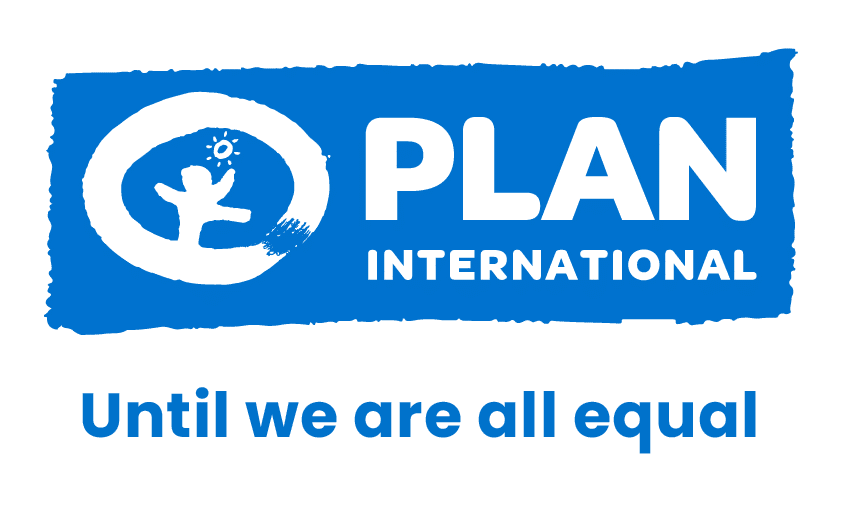This World Water Day let's not forget the 783 million people in the world who do not have access to clean water, blogs Plan global press officer Jane Labous.
22 March 2013: Last time I was in Dakar, Senegal, my apartment only had cold water. When I first arrived, I considered this a hardship, and I’d diligently warm a pan of water on the stove every morning for my shower. Transferring the pan to a bucket, I quickly learnt the local technique of scooping the hot water over myself with a stripy plastic kettle (they’re always stripy, always plastic…).
Suddenly hot water was a luxury, not a given, and suddenly that handkerchief-sized splash of hot water felt as good as a power shower.
After a few weeks the water went off altogether, a regular occurrence in Dakar where random water cuts can last for days. I quickly began to appreciate how lucky we are in the northern world to have such an abundance of crystal clean water for showering, flushing the loo, tooth brushing, boiling the kettle and washing.
In my apartment, the shower and the bathroom tap sputtered, dry as a bone. The dishes lay on the side, moulding. The loo wouldn’t flush. Things started to smell. Suddenly water was a luxury, not a given, and I no longer cared whether the water was hot or not – I just wanted it back.
Precious water
A young boy takes his first sip from a tap installed by Plan in his village in Tanzania
Everywhere you go in the world, water is precious. People seek water; crave water; pay more to live by water; start wars over water. In Senegal, people gather around the teapot in the afternoon to enjoy the West African afternoon tea ritual; 3 progressively sweet cups of water that are carefully boiled with tea leaves and sugar over a small fire for several hours. The last, it is said, is ‘sweet as love’.
Most world faiths incorporate ritual washing in their teachings, perhaps because, from a purely pragmatic point of view, if people keep clean, they keep healthy. In Mali, there are songs dedicated to the great river Niger, the only water source in this sweltering, landlocked country.
In Dakar, people are prone to say that life may be hard, but at least they have the sea. In the UK, people move down south to be near the great Atlantic. Sea air, they say, is good for the soul.
World Water Day
World Water Day, 22 March, is a time to pause and appreciate a substance that is available to us so freely and cheaply in the developed world. It is a day to address the fact that 783 million people in the world do not have access to clean water – representing roughly 1 in 10 of the world’s population.
A day too, to consider the fact that approximately half the world’s population lives in areas that currently, or will soon, face physical water scarcity, or which lack the necessary infrastructure to take water from rivers and aquifers. These days, water scarcity is being exacerbated by climate change; droughts and floods are increasingly more frequent and severe. Never has it been more important to protect the freshwater ecosystems that can supply clean drinking water in the face of these changes.
Diarrhoea deaths
Around 700,000 children die every year from diarrhoea caused by unsafe water and poor sanitation. That’s almost 2,000 children a day. While I’m sure I’m not alone in feeling deprived if I go without a shower for a morning, thousands of people consider themselves lucky if they source some water to wash with from a dirty pond.
For many women, a morning’s work is walking to find water, bringing it back in tubs on their heads. Up to 40 billion working hours are lost every year due to water collection, mostly by women and girls who must walk long distances, sometimes in dangerous circumstances, to collect water.
Some people spend all day looking for water just to keep them alive. Children die falling in lakes as they get water for their families. Others die from diarrhoea because the water they eventually find is so dirty. With good quality water, sanitation and hygiene, many children’s lives could be saved.
Washing hands
Plan ‘s water, sanitation and hygiene work focuses not only on providing technical solutions to water shortage, such as toilets and boreholes, but also helping change behaviours.
Advocating for hand washing addresses key sanitation issues; a crucial activity since research has found that safe drinking water, sanitation and hygiene programmes offer a return of $4 in increased economic productivity for every $1 invested. The World Bank has estimated that hygiene is the most cost-effective health intervention available.
Today, let’s pause a moment as we brush our teeth and boil the kettle. Water is the most precious substance on earth; let’s work to make sure everyone on earth has the luxury of using it.
Find out more about Plan’s water and sanitation work



